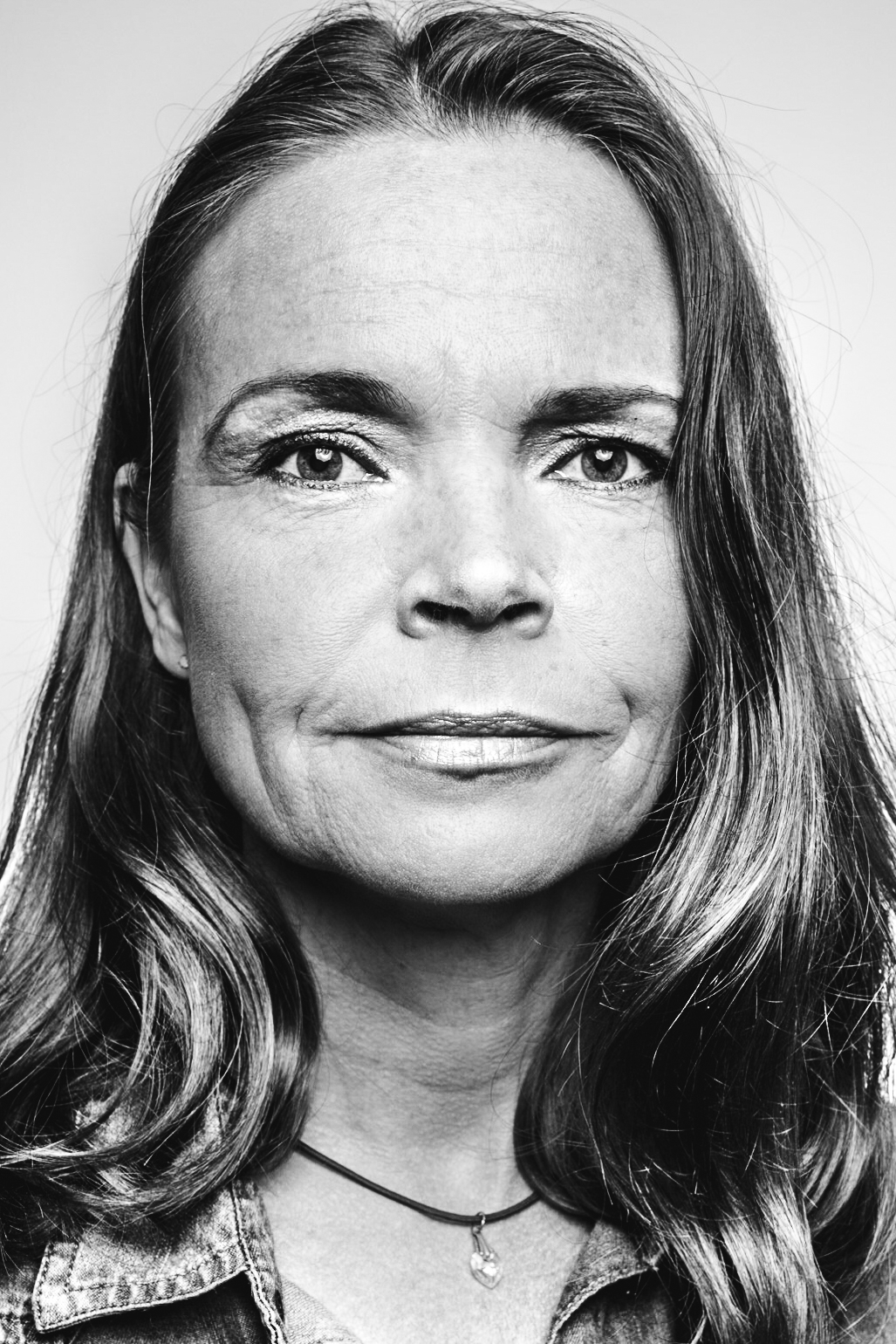
WRITER / DIRECTOR / ACTOR
For Monique Carmona, it's crucial that women become decision makers in Hollywood. She believes that storytelling moves the global narrative about what's possible. What's at the heartbeat of human nature. How we tick... And therefore, how we come to grow and understand one another.
Monique believes "it's about empathy and women, both as storytellers and subjects, that are a rich, complex and stunning part of that discovery."
This is what drives Monique as a filmmaker.
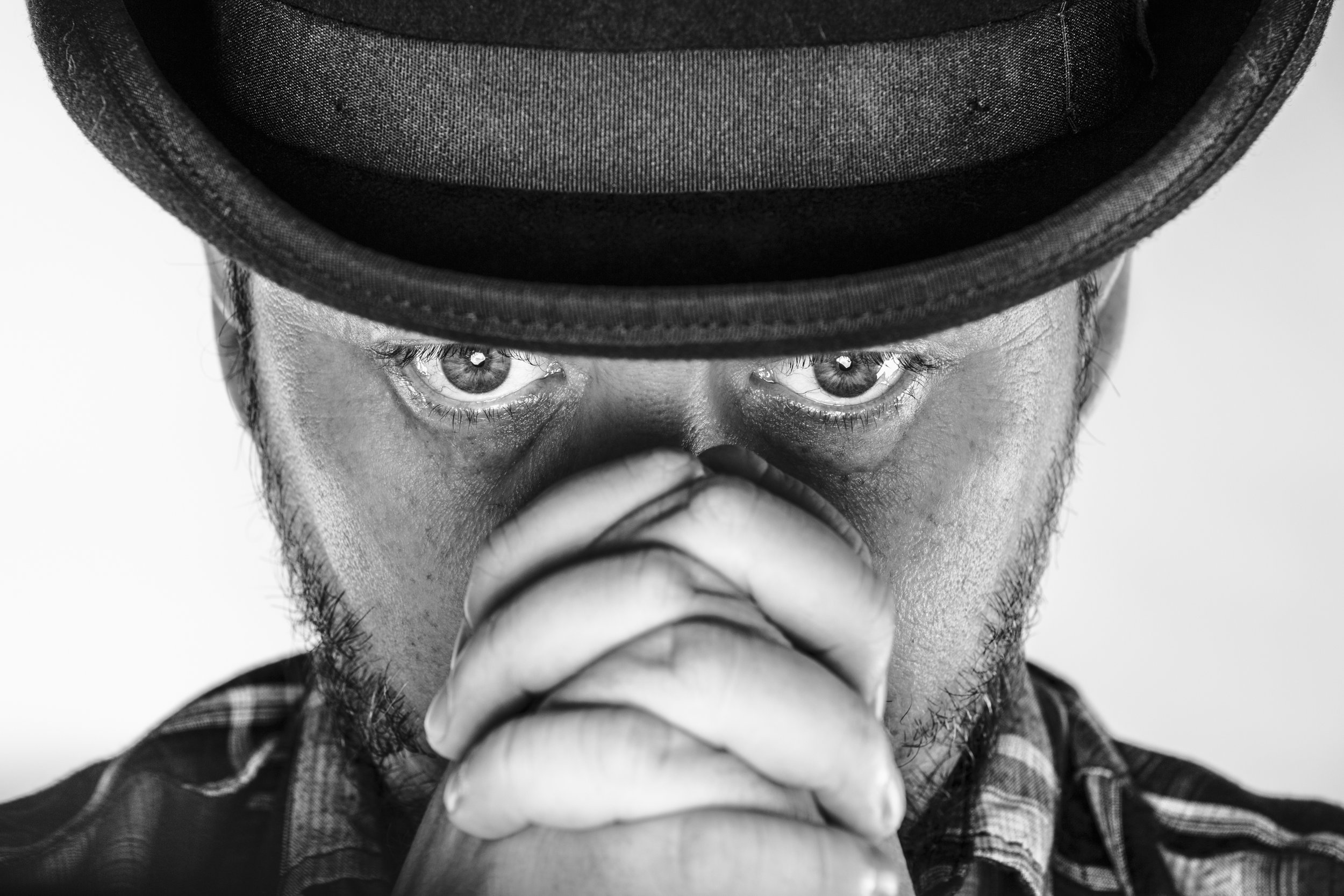
WRITER / DIRECTOR
"As a Filipino American who presents as white, diversity leaves a unique taste in my mouth. Filipinos don't always immediately realize I am half Filipino, and Caucasians don't always recognize I am mixed. I don't deny either race in my filmmaking and I am proud to be a mistuso, but I find that telling the Filipino story and pov in America is an underrepresented subject matter."
One of which I am proud to take under my directors hat and do my best to represent. By doing this I realize the subject matter falls into a "niche" with a seemingly small audience, despite being the number two Asian population in America.
"Someone has to tell these stories because Hollywood just isn't."
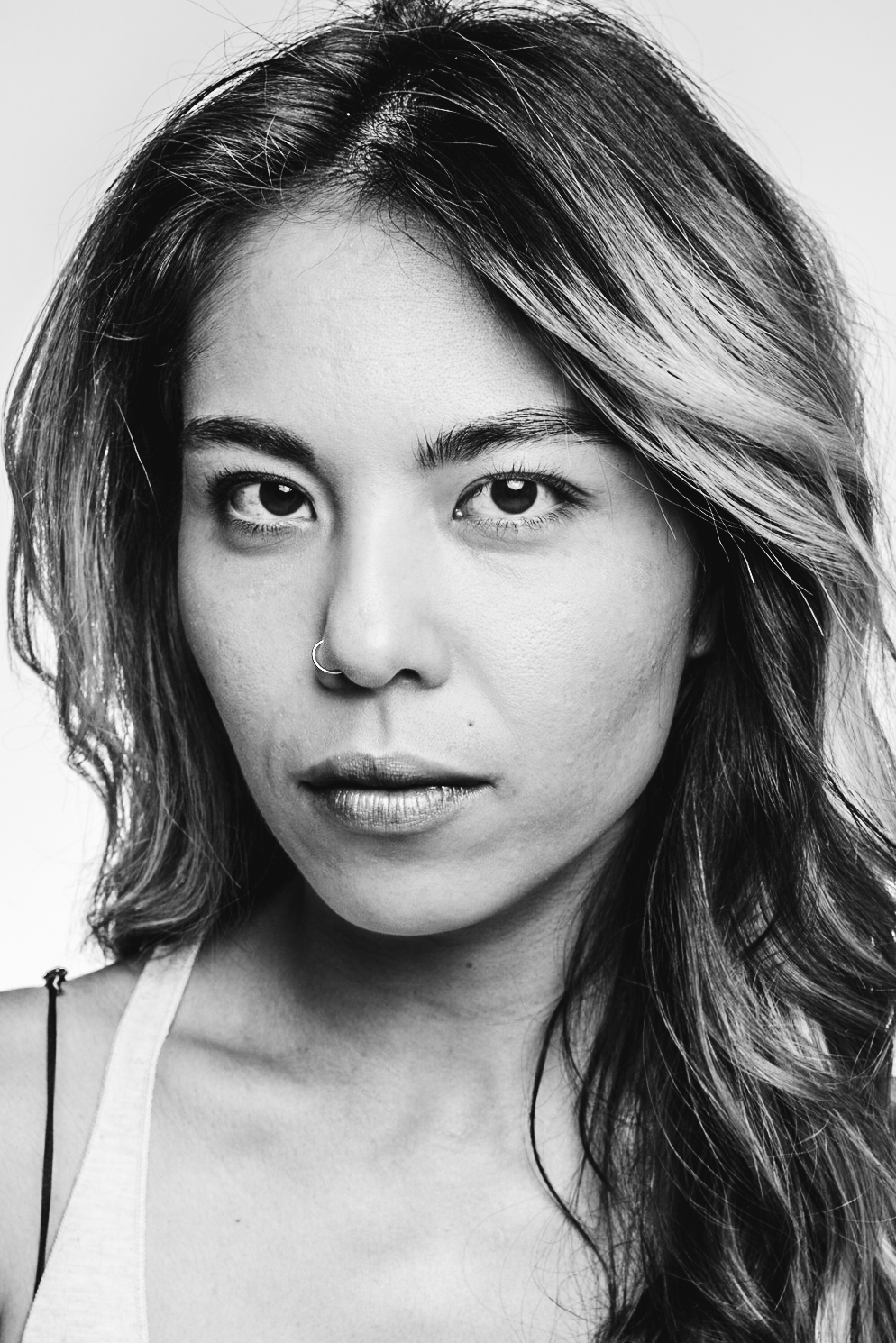
WRITER / PRODUCER / ACTOR
As a woman whose Japanese-Iranian backgrounds are wildly underrepresented, and whose rare portrayal in TV and films are often offensively stereotyped, the issue of diversity is not only a social and moral issue for Shiva Ayama, but a personal one.
As someone who still encounters discrimination first hand while living here in one of the most modern and progressive communities in the world, whether it be hostile and overt, or well intentioned and less obvious, she believes that these problems remain relevant and prevalent, and that "the media should act as a tool to move society towards a collectively less ignorant and more empathetic state of mind."
As an actor, being a part of presenting marginalized groups of people in a real way to open the eyes of even just one person is something that Shiva feels a great passion and responsibility towards.
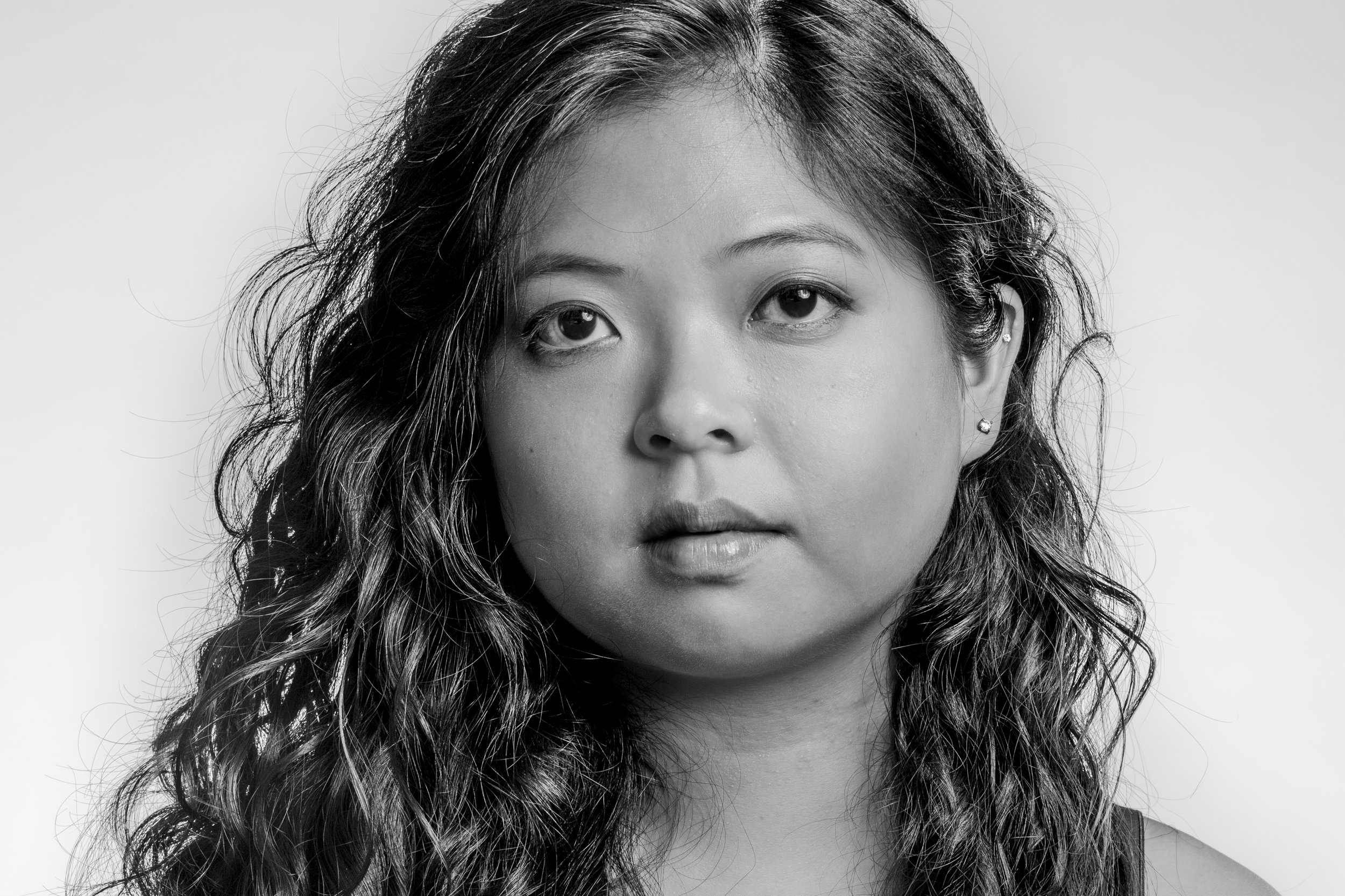
COMPOSER
For Joy Ngiaw's first gig in LA, a producer wanted to meet with her after hearing my pitch for a commercial. However, with a surprised look on his face, the first sentence he said was: “Oh! I’m sorry. I just didn't think that a composer could look like you!”
I was stunned and confused. Is it because I was a female? Or was it because I was an Asian female composer? That’s when I realized, unfortunately, in this industry composers have a “look”, which is a white male.
"I don’t label myself as a female composer, or a female Asian composer for that matter. That’s because I want to be treated like any other working composer out there, I am a film composer. I love the beauty of creating a connection between the story and the audience, through the emotions and colors of music."
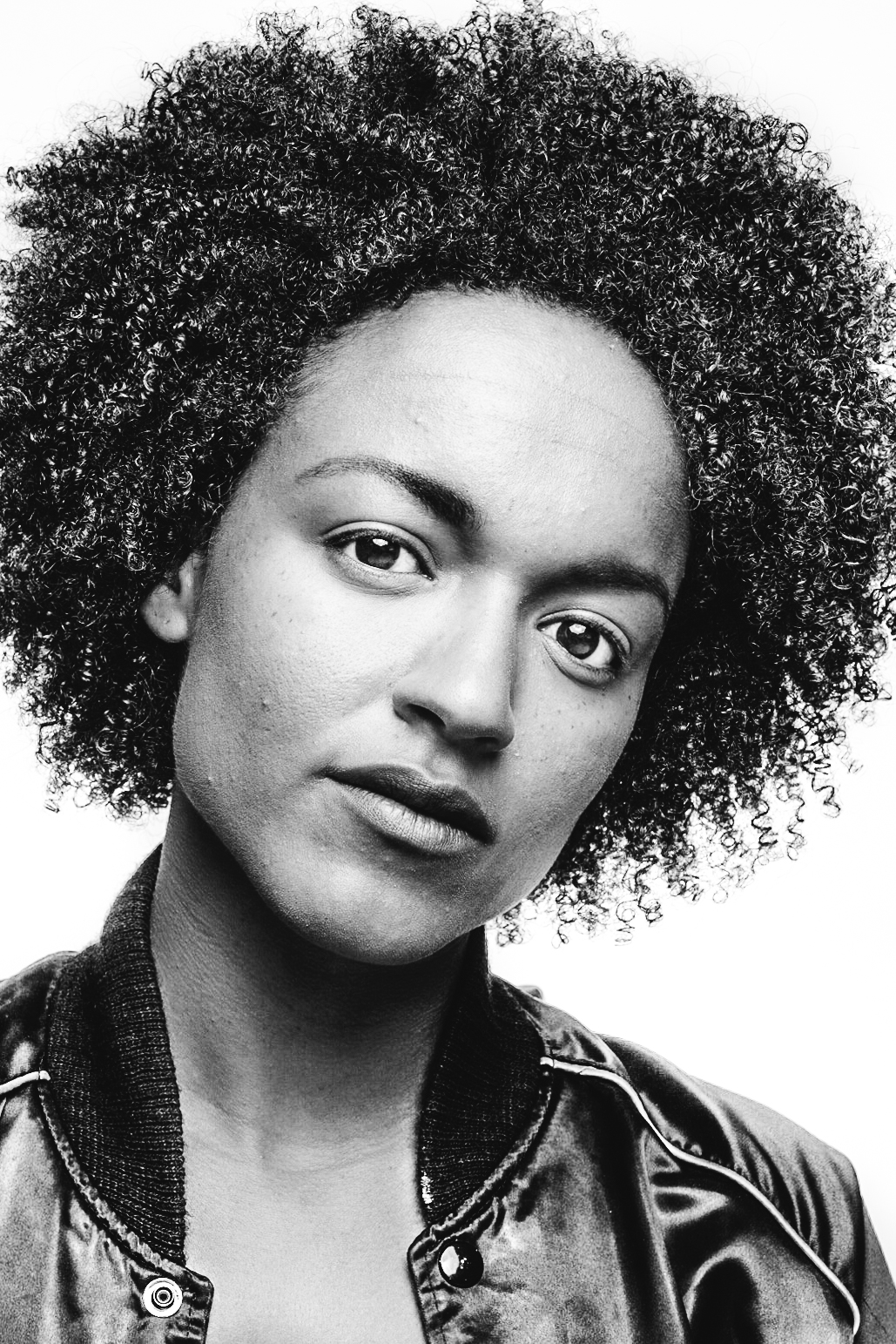
WRITER / DIRECTOR / ACTOR
Melanie Thompson always knew she wanted to be in the entertainment industry since she was a little girl. Like many little dreamers, she would pretend to be interviewed by Hollywood big wigs, Oprah perhaps, sitting on that big yellow couch answering questions about her latest blockbuster. But she always pictured that when she was asked how she was able to play the lead, she'd have to answer by explaining that the makeup artists applied power to her skin, making her look white and therefore making it acceptable that she, a black woman, was in the starring role.
A child of upper middle class parents who graduated from Harvard and Yale, Melanie grew up in one of the most diverse areas in the country, and she still saw herself as a second class citizen. It's something she struggles with still today. That's why inclusion is so important to her. "We have come a long way, but the work must continue, so that the next little minority girl of the new generation who wants her shot at Hollywood can know with confidence, that she won't have to change a thin, that she is enough."
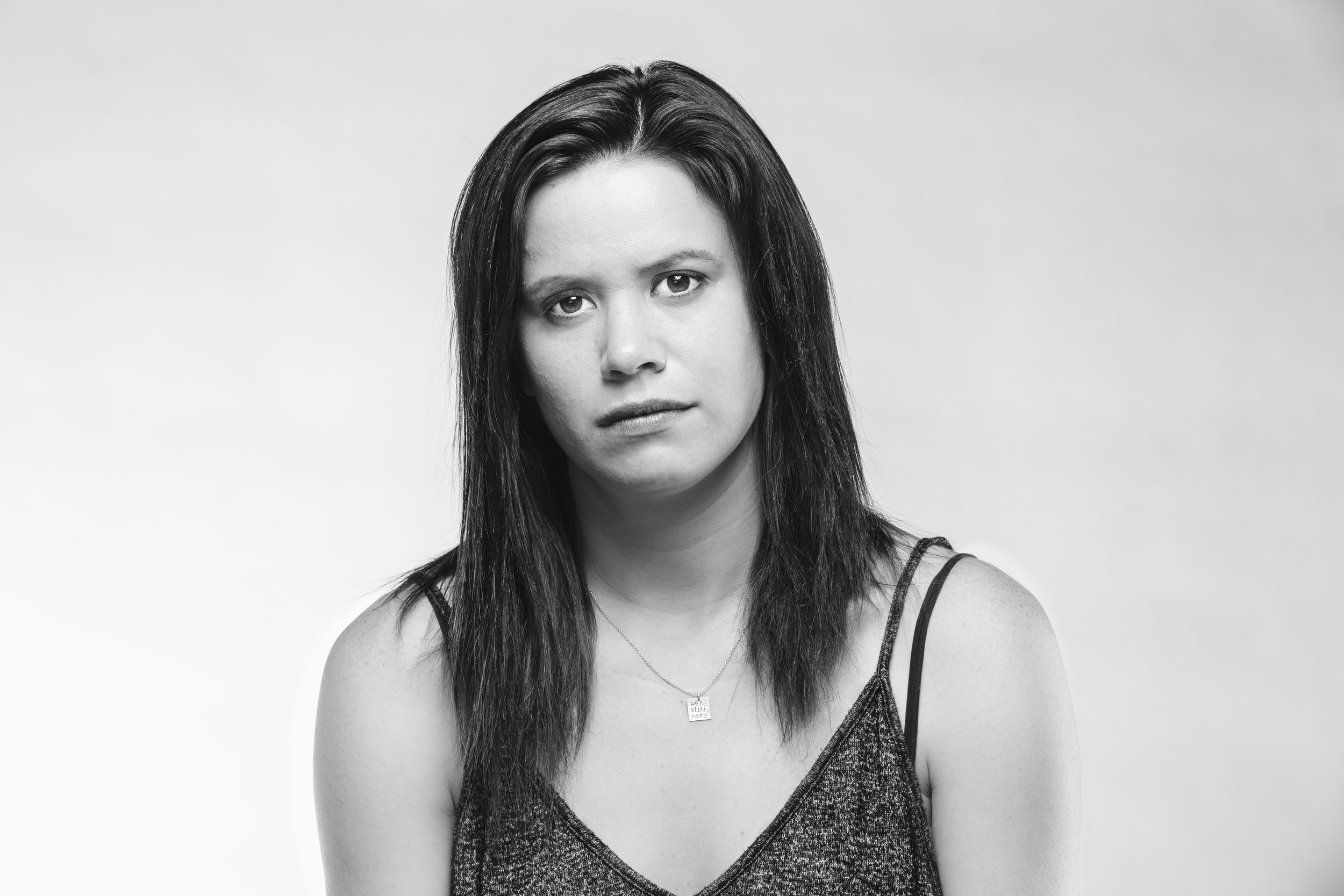
WRITER / PRODUCER / ACTOR
Marisa Hood started acting in film when she was a teenager, and moved to LA when she was 20. A few years in, she expanded her passions towards writing and producing as well.
It was a legitimate shock to learn that women made less than men, and that there were fewer and far less dynamic roles for women. As a gay woman in the industry, she feels not only a purpose to fight for more opportunities for women and other minorities, but also to portray a more realistic view of it.
While she is thrilled that there are more LGBT films out there now than 10 or 20 years ago, one thing that frustrates her is the amount of them that have been written by straight people (mostly males), and furthermore that many of these films are fairly one dimensional in the sense that they’re just about the character's sexuality, rather than having a dynamic story that most movies and characters have. It also saddens her that many performers and industry professionals have feared that coming out could minimize / narrow their opportunities or have their reputation changed. She is both frustrated and motivated to continue to fight for good stories and more opportunities.
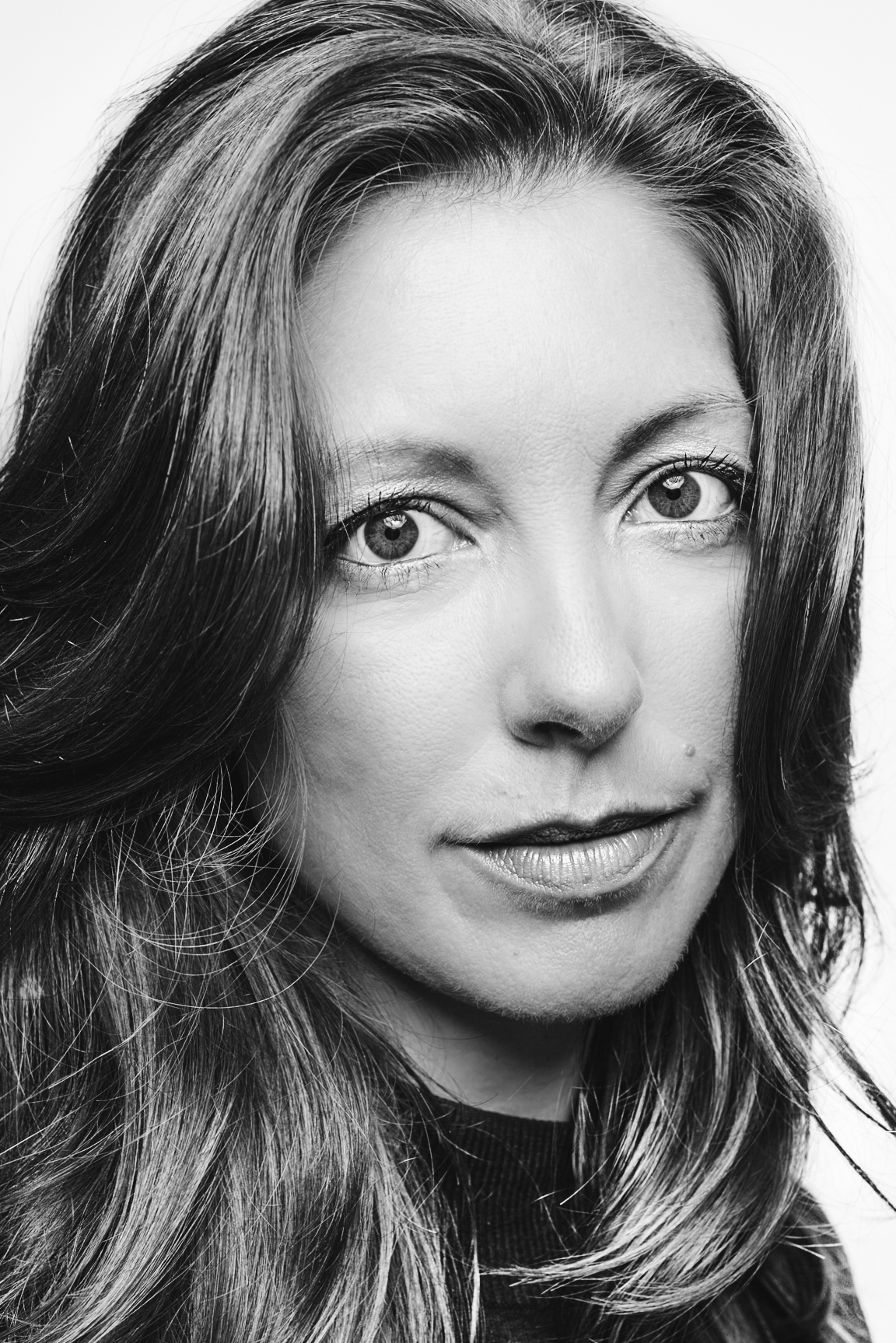
WRITER / DIRECTOR / PRODUCER
After a three-year study, commissioned by the Sundance Institute and Women in Film, of the marketplace for female directors, it was found that women are far more likely to work in independent film than on mainstream studio films. Nearly half of the industry-ites surveyed believe that female-directed films appeal to a smaller audience than films directed by men.
It was found that the ratio of male-to-female directed movies at the Sundance film festival from 2002 to 2014 was about 3 to 1. In contrast, the top 1,300 highest-grossing films released over the same time period was a little more than 23 to 1.
Among industryites surveyed:
• 44% said female directors are perceived to make films for a subset and/or less significant portion of the marketplace.
• 42% believe there is a scarcity of female directors and a small pool to choose from in top-grossing films.
• 25% cited women’s perceived lack of ambition in taking on directing jobs.
• 22% cited the skewed representation of women in decision-making roles in the industry as a factor in limiting job opportunities for female directors.
• 12% cited the belief that women “can’t handle” certain types of films or aspects of production, such as commanding a large crew.
“Having completed this three-year study, we have accomplished a thorough analysis of this issue and now know that female filmmakers face deep-rooted presumptions from the film industry about their creative qualifications, sensibilities, tendencies and ambitions,” said Cathy Schulman, president of Women in Film Los Angeles.







WRITER / DIRECTOR / ACTOR
For Monique Carmona, it's crucial that women become decision makers in Hollywood. She believes that storytelling moves the global narrative about what's possible. What's at the heartbeat of human nature. How we tick... And therefore, how we come to grow and understand one another.
Monique believes "it's about empathy and women, both as storytellers and subjects, that are a rich, complex and stunning part of that discovery."
This is what drives Monique as a filmmaker.
WRITER / DIRECTOR
"As a Filipino American who presents as white, diversity leaves a unique taste in my mouth. Filipinos don't always immediately realize I am half Filipino, and Caucasians don't always recognize I am mixed. I don't deny either race in my filmmaking and I am proud to be a mistuso, but I find that telling the Filipino story and pov in America is an underrepresented subject matter."
One of which I am proud to take under my directors hat and do my best to represent. By doing this I realize the subject matter falls into a "niche" with a seemingly small audience, despite being the number two Asian population in America.
"Someone has to tell these stories because Hollywood just isn't."
WRITER / PRODUCER / ACTOR
As a woman whose Japanese-Iranian backgrounds are wildly underrepresented, and whose rare portrayal in TV and films are often offensively stereotyped, the issue of diversity is not only a social and moral issue for Shiva Ayama, but a personal one.
As someone who still encounters discrimination first hand while living here in one of the most modern and progressive communities in the world, whether it be hostile and overt, or well intentioned and less obvious, she believes that these problems remain relevant and prevalent, and that "the media should act as a tool to move society towards a collectively less ignorant and more empathetic state of mind."
As an actor, being a part of presenting marginalized groups of people in a real way to open the eyes of even just one person is something that Shiva feels a great passion and responsibility towards.
COMPOSER
For Joy Ngiaw's first gig in LA, a producer wanted to meet with her after hearing my pitch for a commercial. However, with a surprised look on his face, the first sentence he said was: “Oh! I’m sorry. I just didn't think that a composer could look like you!”
I was stunned and confused. Is it because I was a female? Or was it because I was an Asian female composer? That’s when I realized, unfortunately, in this industry composers have a “look”, which is a white male.
"I don’t label myself as a female composer, or a female Asian composer for that matter. That’s because I want to be treated like any other working composer out there, I am a film composer. I love the beauty of creating a connection between the story and the audience, through the emotions and colors of music."
WRITER / DIRECTOR / ACTOR
Melanie Thompson always knew she wanted to be in the entertainment industry since she was a little girl. Like many little dreamers, she would pretend to be interviewed by Hollywood big wigs, Oprah perhaps, sitting on that big yellow couch answering questions about her latest blockbuster. But she always pictured that when she was asked how she was able to play the lead, she'd have to answer by explaining that the makeup artists applied power to her skin, making her look white and therefore making it acceptable that she, a black woman, was in the starring role.
A child of upper middle class parents who graduated from Harvard and Yale, Melanie grew up in one of the most diverse areas in the country, and she still saw herself as a second class citizen. It's something she struggles with still today. That's why inclusion is so important to her. "We have come a long way, but the work must continue, so that the next little minority girl of the new generation who wants her shot at Hollywood can know with confidence, that she won't have to change a thin, that she is enough."
WRITER / PRODUCER / ACTOR
Marisa Hood started acting in film when she was a teenager, and moved to LA when she was 20. A few years in, she expanded her passions towards writing and producing as well.
It was a legitimate shock to learn that women made less than men, and that there were fewer and far less dynamic roles for women. As a gay woman in the industry, she feels not only a purpose to fight for more opportunities for women and other minorities, but also to portray a more realistic view of it.
While she is thrilled that there are more LGBT films out there now than 10 or 20 years ago, one thing that frustrates her is the amount of them that have been written by straight people (mostly males), and furthermore that many of these films are fairly one dimensional in the sense that they’re just about the character's sexuality, rather than having a dynamic story that most movies and characters have. It also saddens her that many performers and industry professionals have feared that coming out could minimize / narrow their opportunities or have their reputation changed. She is both frustrated and motivated to continue to fight for good stories and more opportunities.
WRITER / DIRECTOR / PRODUCER
After a three-year study, commissioned by the Sundance Institute and Women in Film, of the marketplace for female directors, it was found that women are far more likely to work in independent film than on mainstream studio films. Nearly half of the industry-ites surveyed believe that female-directed films appeal to a smaller audience than films directed by men.
It was found that the ratio of male-to-female directed movies at the Sundance film festival from 2002 to 2014 was about 3 to 1. In contrast, the top 1,300 highest-grossing films released over the same time period was a little more than 23 to 1.
Among industryites surveyed:
• 44% said female directors are perceived to make films for a subset and/or less significant portion of the marketplace.
• 42% believe there is a scarcity of female directors and a small pool to choose from in top-grossing films.
• 25% cited women’s perceived lack of ambition in taking on directing jobs.
• 22% cited the skewed representation of women in decision-making roles in the industry as a factor in limiting job opportunities for female directors.
• 12% cited the belief that women “can’t handle” certain types of films or aspects of production, such as commanding a large crew.
“Having completed this three-year study, we have accomplished a thorough analysis of this issue and now know that female filmmakers face deep-rooted presumptions from the film industry about their creative qualifications, sensibilities, tendencies and ambitions,” said Cathy Schulman, president of Women in Film Los Angeles.
